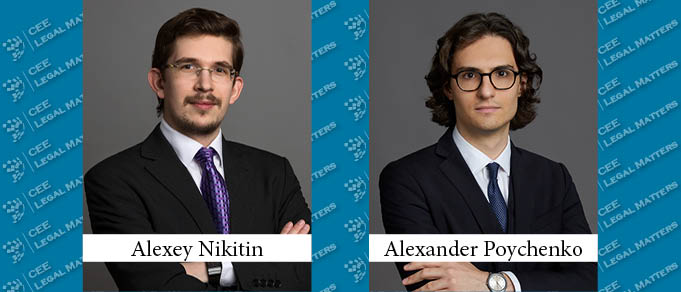Antitrust practice in Russia is currently striving to strike the right balance, with less regulation of business in general and increased scrutiny in certain key areas.
Russian law does not set sufficient antitrust barriers for small and medium businesses. For example, it allows companies to enter into ‘vertical’ agreements if each company’s share of the product market for the respective goods does not exceed 20%. There are also discussions about raising the thresholds for merger control filings, which would eliminate merger control for a number of acquisitions that have no real impact on competition.
At the same time, large market players are facing more attention from the Federal Antimonopoly Service (FAS). The FAS is currently implementing an enhanced anti-cartel policy and actively monitors economic markets which are “strategically important” for Russia and potentially most susceptible to monopolization. A notable example is a recent investigation initiated by the FAS against the largest metallurgical companies in Russia which were suspected of artificially increasing their prices. Other examples are the food and medical markets (pharma, medical devices), which were scrutinized by the FAS during the COVID-19 pandemic.
To effectively combat violations in these areas, the Russian government is entitled to set maximum retail prices for certain medicines and medical devices for up to 90 days during the pandemic.
The FAS is also closely monitoring the e-commerce and sharing economy. Discussions continue on the introduction of antimonopoly restrictions for digital giants, including online retailers and carsharing services, and potentially social networks, search engines, and the like, while also increasing their potential liability.
In particular, the definition of a dominant position may be modified by adding a reference to the concept of ‘network effect,’ defined as receipt of economic benefits from a number of users through data collection and processing. At the same time, antitrust restrictions will not apply to start-ups with annual revenue of less than RUB 400 million, since they cannot significantly affect the market.
Another legislative innovation is related to the opportunity to implement an internal antitrust compliance system. Companies are encouraged to implement such a system, which consists of internal policies governing the evaluation, monitoring, and mitigation of antitrust risks. It is voluntary, but, if an antitrust investigation is launched, having an antitrust compliance system may serve as a good argument that the company is acting in good faith.
In recent years, the FAS and the Supreme Court have adopted a number of key resolutions and clarifications on widely debated antitrust issues. For example, in 2021, the FAS expressly allowed non-compete clauses in agreements for the sale-purchase of a business, provided that all the following conditions are met: (1) the non-compete clause is consistent with the purpose of the agreement; (2) the non-compete clause does not apply to a product market and adjacent markets where parties and/or an acquired entity do not operate; (3) the duration of the non-compete clause does not exceed the time necessary to ensure return on investment; and (4) the non-compete clause does not provide for an exchange of information, which may facilitate anti-competitive arrangements.
In addition, in 2021, the Supreme Court issued other important clarifications on highly debated issues, including the allocation of the burden of proof in cases relating to abuse of dominance, the need to take into account the legitimate economic interests of a dominant entity, and a list of significant procedural violations leading to the cancellation of a decision in antimonopoly cases, among others.
All of these are signs that extensive work has been done to make antitrust policy in Russia more transparent and predictable.
By Alexey Nikitin, Specialist Partner, and Alexander Poychenko, Associate, Borenius Russia
This Article was originally published in Issue 8.9 of the CEE Legal Matters Magazine. If you would like to receive a hard copy of the magazine, you can subscribe here.
